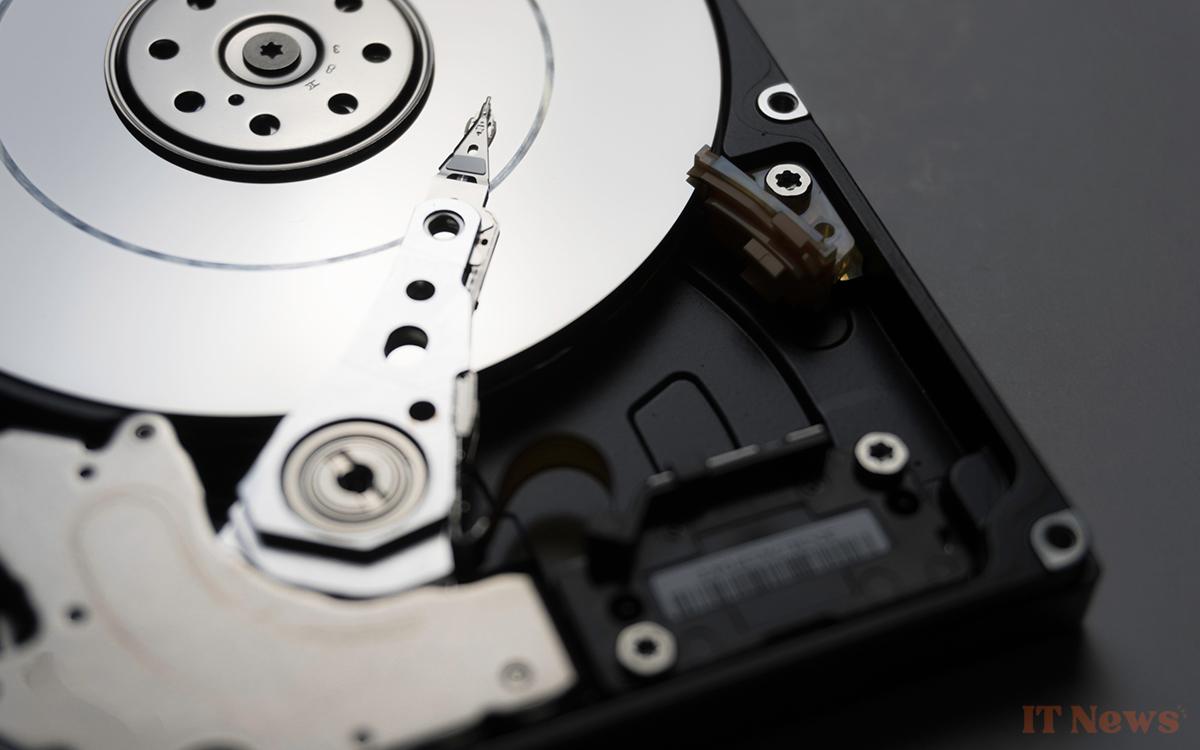What if hard drives, the ancestors of storage, became the heroes of digital ecology? Seagate is throwing a stone in the pond by revealing that HDDs pollute less than SSDs. Vintage has its good points... for the planet.
While data centers gobble up as much electricity as entire countries, Seagate has a big surprise: good old hard drives (HDDs) are much greener than their SSD rivals. A study by the storage giant compares the carbon footprint of technologies and turns preconceived ideas on their head.
According to the report, an SSD generates nearly 5 tons of CO2 over its life cycle, compared to less than 30 kg for an HDD. Worse: per terabyte, the SSD emits 20 times more. Enough to politically burn flash chips, despite their modern image. Explanation : the manufacturing of SSDs, which is energy-intensive and uses rare metals, weighs down their balance sheet. HDDs, on the other hand, rely on rawer materials and less complex processes.
Also read – Ultra-fast 128TB SSDs are hitting the market, but don't rush
Three paths for a (slightly) less polluting digital world
Faced with the explosion of data (+165% energy consumption by 2030), Seagate is proposing a roadmap. First priority: innovate in cooling (liquid, immersion) to reduce energy bills. Then, extend the lifespan of equipment through repair and reconditioning. Finally, share responsibilities between manufacturers, hosts, and users.
The company is banking in particular on its Mozaic 3+ technology, which triples the capacity of HDDs (up to 36 TB) while reducing their CO2 per terabyte by 70%. The objective: to convince data centers that performance rhymes with sobriety. "A modern HDD stores more, costs less, and pollutes little," summarizes Jason Feist, a manager at Seagate.
However, not everyone is rolling out the green carpet for hard drives. Pure Storage, an SSD specialist, disputes this: according to its calculations, over 10 years, a system based on on its modules would emit 7 times less CO2 than an HDD fleet. Proof that the debate remains open... and electric.
Still, Seagate is driving home a point: in a world where AI is nibbling away at resources, every byte counts. What if the solution came from a marriage between radical innovations and good old platforms? The HDD, outdated yesterday, could well become the eco-friendly darling of data centers.




0 Comments